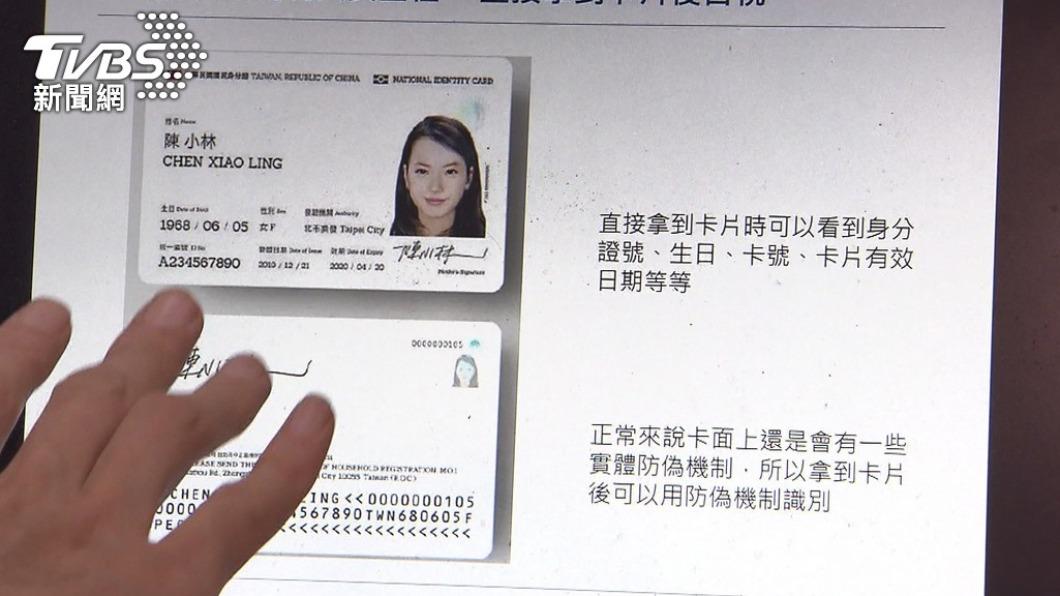TAIPEI (TVBS News) — During his tenure as Premier, Vice President Lai Ching-te failed to successfully implement a digital identification card policy, resulting in a payout of NT$280 million to suppliers, a cost which will be absorbed by taxpayers.
Lai, while serving as Premier, had pushed for the replacement of traditional identification cards with digital ones in 2021. However, due to security concerns, the initiative was not implemented, and suppliers sought compensation from the government to the tune of over NT$1 billion.
Following six rounds of mediation this January, the Public Construction Commission (PCC) stated that an agreement had been made between both parties. The final mediated amount will be controlled to under NT$280 million. PCC Commissioner Wu Tze-cheng emphasized the need for widespread communication before implementing future policies to avoid public opinion shifts during the implementation process.
This development prompted Kuomintang (KMT) Legislator Liao Hsien-hsiang to question who would be responsible for reviewing this event since Lai, who had initially changed the digital identification card policy, is now set to become president.
Wu Tze-cheng responded by clarifying that conflicts over policies were a matter to be handled by the government, and not something a president needed to take responsibility for.
During Lai's term as Premier in 2018, the push was made for digital identification cards, but due to continued public concern over its security, implementation was paused by then-Premier Su Tseng-chang in January 2021. However, contracts had already been awarded, leading to suppliers demanding NT$526 million. Adding the previously purchased machinery, venue costs, plus maintenance costs, the total compensation originally exceeded NT$1 billion.



